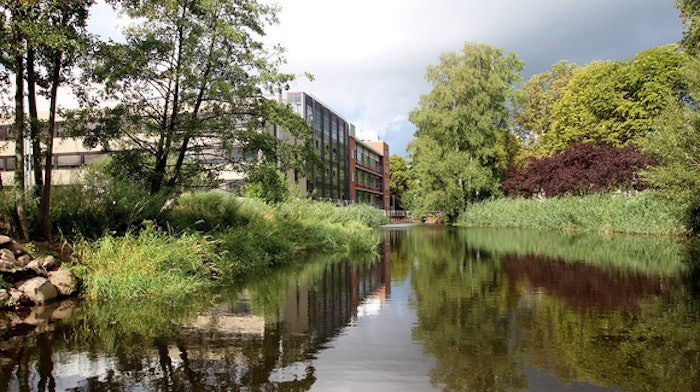
Symrise has announced that it has again been deemed compliant with the Science Based Targets Initiative. Throughout Germany, Symrise belongs to one of the first three companies in this initiative and now meets the highest standard of SBTi. The audit team is backed by recognized organizations such as CDP, the United Nations Global Compact, the World Resources Institute (WRI) and the World Wide Fund For Nature (WWF).
Related: Symrise Partners with Antofénol on Extraction R&D
SBTi criteria have determined that the company’s intentions meet the goal of limiting the human-induced global temperature increase due to the greenhouse effect to 1.5 degrees Celsius. SBTi mobilizes companies to set science-based goals in the transition to a low-carbon economy.
Symrise has committed itself to reduce absolute greenhouse gas (GHG) emissions from Scopes 1 and 2 (defined Greenhouse Gas Protocol (GHG Protocol) standards) by 80% compared to 2020 by 2028. In addition, the company agrees to reduce absolute Scope 3 (climate-damaging gases released in the upstream and downstream supply chain) by 30% by 2030—also relative to the base year 2020. Symrise also committed to sourcing 100% of the electricity it needs from renewable sources worldwide. The company already achieved this goal in 2020.
Bernhard Kott, chief sustainability officer at Symrise, said, “We feel proud to stand up to the rigorous scrutiny of the Science Based Targets Initiative in all three target dimensions. We take it very seriously to do our part to protect the climate and limit the rise in global temperatures. After all, we supported as one of the first companies what has become a major initiative. Our high standards ensure that we can operate climate-positive starting in 2030, particularly through increasing process and energy efficiency and specific certified climate protection projects.”
Helmut Frieden, Ph.D., vice president of Corporate Sustainability Symrise, added, “In addition, we have succeeded in reducing energy requirements for the production of raw materials and in plant logistics. To achieve this, we have asked our suppliers to define their own energy and climate goals. Therefore, we now also fulfill the SBTi criteria for Scope 3.”
Want to know everything going on in flavor & fragrance? Sign up for P&F+'s newsletter. You can also follow along on Instagram and LinkedIn.










